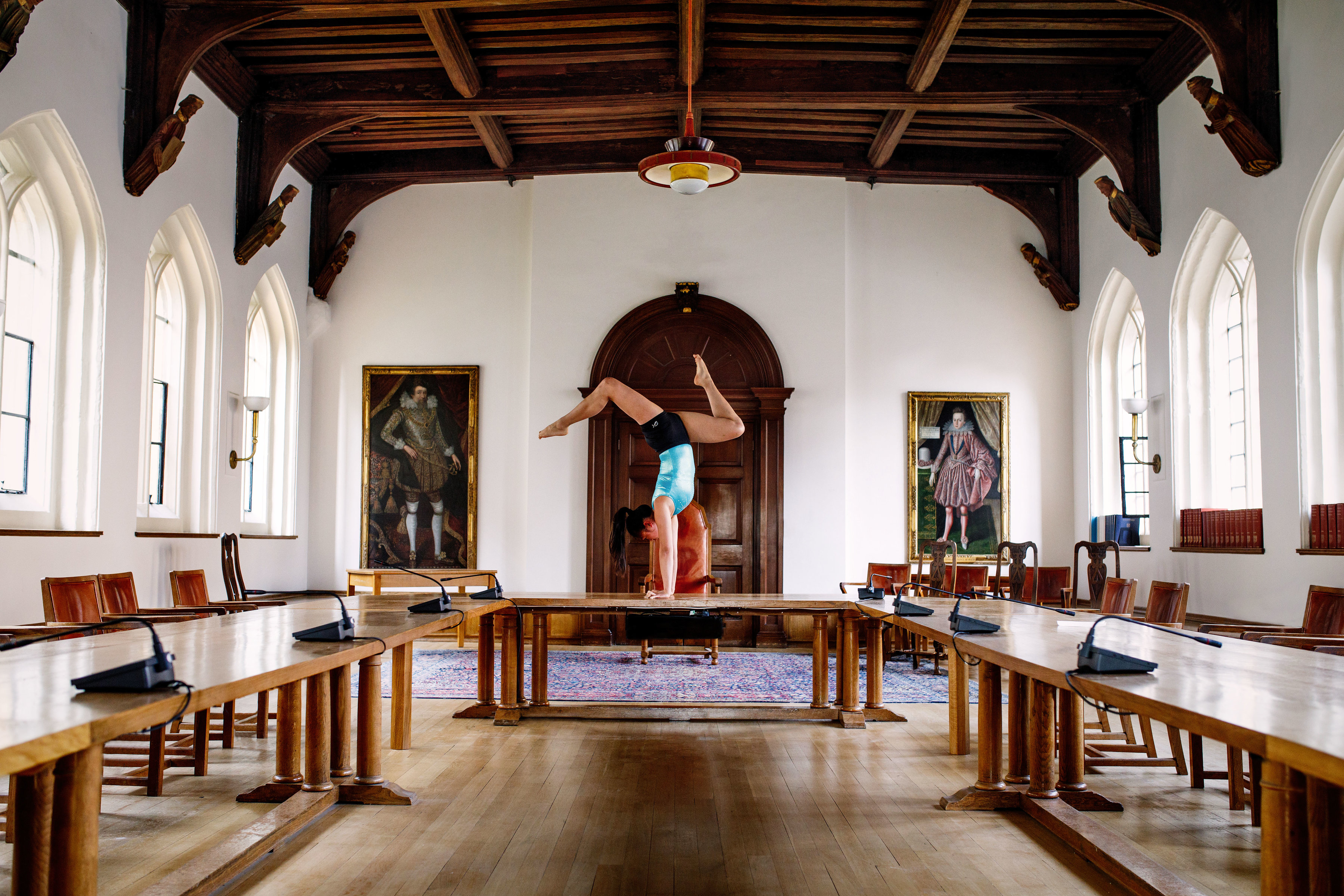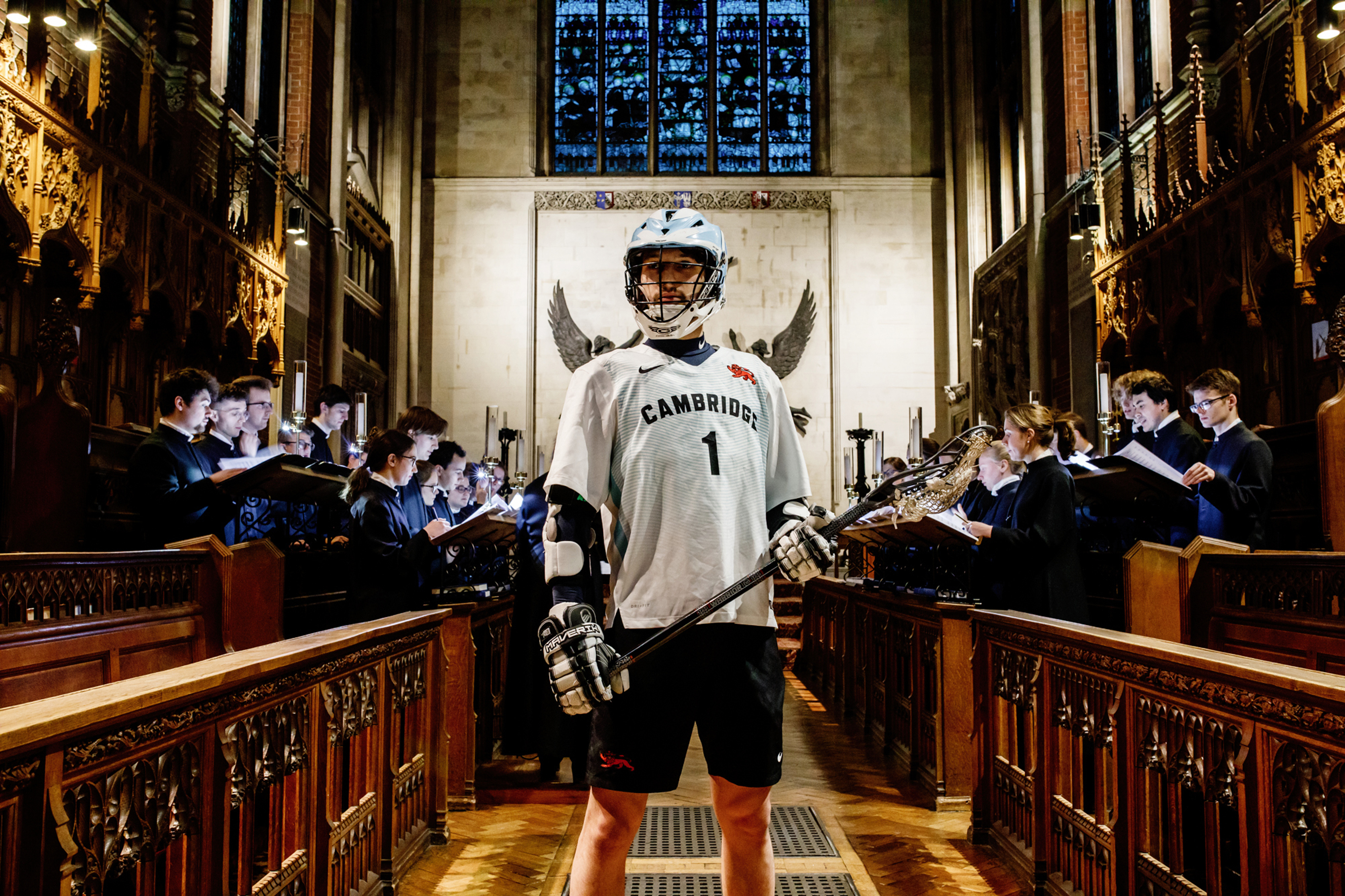In March 2019, the University of Cambridge Sports Service launched the Sport and Academic Performance Report. This report, developed under the University’s Strategy for Sport 2017-2022, found that:
Undergraduate students who participated in University-level sport performed just as well academically, if not better, than the undergraduate population as a whole.
The report considered over 4000 Tripos results of undergraduate students who had represented the University in their sport and achieved a Blue, Half-Blue or Club Colours (from 2005-16) These were then compared to the Tripos results of the undergraduate population as a whole during the same time period.
The key findings of the research were as follows:
• The percentage of first class results achieved by undergraduate sportspeople (28.4%) was greater than the percentage achieved by undergraduates in the University as a whole (23.7%);
• The percentage of upper second class results achieved by undergraduate sportspeople (63%) was greater than the percentage achieved by undergraduates in the University as a whole (51.8%); and
• The percentage of lower second and third class results achieved by undergraduate sportspeople was lower than undergraduates in the University as a whole.
Gymnastics, The Old Schools, Cambridge
The report also profiled a number of sportspeople who had recently left the University. Their testimonies add weight to the view that:
• Sport and physical activity can provide an effective release from academic studies, improve mental health and give students the opportunity to develop valuable social and support networks.
• Sport and physical activity can help students to develop valuable transferable skills such as time-management, focus, the ability to perform under pressure, leadership and communication.
The Sport and Academic Performance Report adds to the findings of the 2018 British Universities & Colleges Sport (BUCS) Active Students Survey. This survey found that:
Physical activity, including sports participation and gym membership, improved students’ personal wellbeing, mental wellbeing, social inclusion, and perceived academic attainment and employability.
The athlete profiles featured in the report also support the 2013 BUCS research into the impact that sport has on graduate employability. This study revealed that:
• More than half (51%) of graduates reported that sporting involvement helped them develop teamwork skills and leadership qualities in the workplace;
• Employers recognised the benefits of sport in developing career-enhancing qualities, with more than nine in ten (94%) of those questioned identifying a clear link between university sport participation and valuable skills and strengths in potential employees.
Lacrosse, Chapel, Selwyn College
“There is a growing focus on student mental health and well-being nationally and within the collegiate University. Participation in sport and other extra-curricular activities have an important role in ensuring that students’ educational experiences at Cambridge are as good as they can be. This is why the collegiate University’s Student Support Initiative, which seeks to raise at least half a billion pounds for the support of students at Cambridge, has identified participation in sport as a key component of the campaign”.
Professor Graham Virgo, Senior Pro-Vice-Chancellor
In addition to launching the Sport and Academic Performance Report, the achievements of current sporting students are being celebrated through a series of photographs. The photographs capture student athletes against the backdrop of some of the University’s most intriguing buildings and spaces, illustrating sport and academia in partnership.
The photographs will be exhibited at the University Student Services Centre throughout July 2019.



